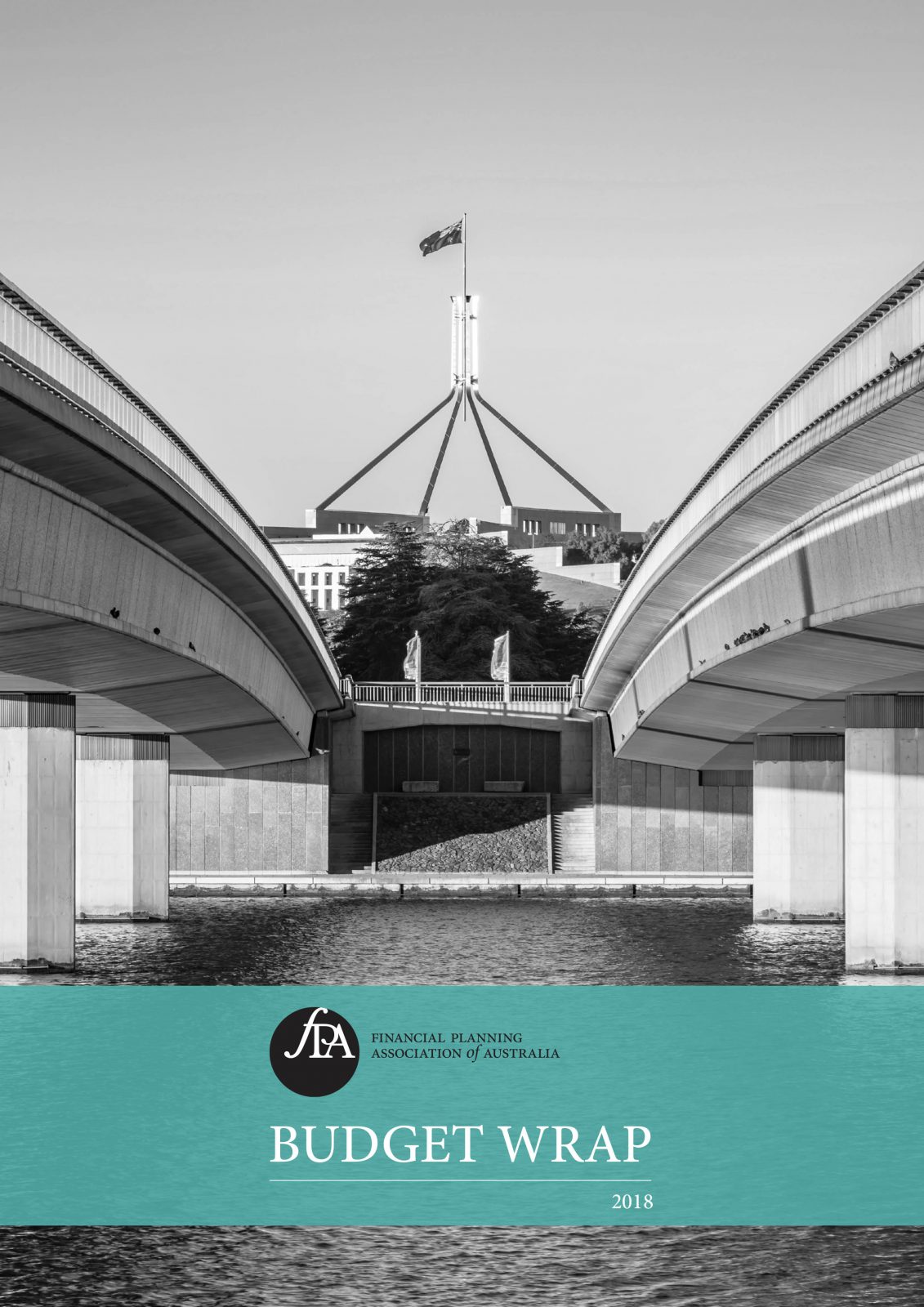That’s this morning’s headline on The Australian, and it refers to Treasurer Scott Morrison’s main Budget focus last night, which is aimed at amending the tax brackets to simplify the tax system moving forward and provide some immediate tax relief to low to middle income earners.
There is no doubt this is an ‘election budget’. The Treasurer has taken just under half of the $35 billion of improved revenue and turned it into tax cuts targeted to benefit all Australians.
All-in-all there are big ticket tax cuts and a lot of little reforms hidden in the woodwork. It isn’t a glamourous Budget and there’s likely to be plenty more left in the tank for an election later this year.
We have attached a summary provided by the Financial Planning Association for your reference, but we’ll highlight the main areas of interest to the work that we do with you below.
Of course, we will be proactively addressing your personal circumstances in light of any changes announced in the Budget, and amending your strategy to suit either immediately or at your next scheduled formal review with us.
As always, you have access to our entire team to answer any queries that you may have.
So, here are the “hot points” that we feel are worth highlighting.
How much tax we pay.
This has been the centrepiece of the Budget with an aim to eventually provide for only four marginal tax rates, as opposed to the five we have now.
Areas of note are:
- Changes to the marginal tax rateFrom 1 July 2018, the 32.5% upper threshold is proposed to increase from $87,000 to $90,000.This would increase to $120,000 from 1 July 2022, before increasing again to $200,000 from 1 July 2024.According to the Treasury, this will mean that when these increases are implemented and combined with the tax offset, 94% of taxpayers will be on a marginal tax rate of 32.5%.
- Business taxation
You will continue to be able to write off business assets of up to $20,000 until 30 June 2019. This measure was due to expire at 30 June this year.To crack down on the black economy – which is when cash is used to make payments so tax can be avoided – from 1 July 2019, payments in cash for good and services over $10,000 will be banned. - Tax integrity
From 1 July 2019, you will no longer be able to claim a tax deduction on vacant land.
What happens to our super
Mercifully, this has been an area that the Budget has largely left untouched, save for some changes to how low balances are treated, the work test, and Self Managed Super Funds. As opposed to restrictions to the flexibility and tax efficiencies to funds we’ve seen in the past few Budgets, all changes to super this year are seen as positive.
- Protecting your superFrom 1 July 2019, exit fees will be banned on all super accounts, regardless of the balance, making it easier to consolidate multiple accounts.
People who have accounts with a balance of under $6,000 and have been inactive for more than 13 months, will have their account balances automatically transferred to the ATO who will then ‘proactively’ merge this balance with active accounts that have a balance over $6,000.
Automatic insurance cover will be banned for new accounts where the member is under age 25, for accounts under $6,000 and where accounts have been inactive for 13 months. - Self-managed super funds
From 1 July 2019, self-managed super funds (SMSFs) and small APRA funds (SAFs) will be able to increase the number of members from four to six. SMSFs who have clear audit reports for three consecutive years will be able to move to a three-year audit cycle.We would like to note on that last point, that while the frequency of audits may change for some funds, this does not necessarily mean that the amount of transactions to audit will be reduced. We don’t therefore envisage any significant change to fees for audits. - Work test
From 1 July 2019, members aged between 65 and 74 who have super balances below $300,000 will be able to make voluntary contributions in the first year that they do not meet the work test requirements.
The Social Security System
- Increase to the Pension Work BonusUnder the Pension Work Bonus scheme if you receive the Age Pension or the Veterans’ Affairs Pension you will be able to earn up to $300 per fortnight, up from the current level of $250 without it affecting your pension. The scheme will also be expanded to include the self-employed. This scheme will not apply to income associated with financial or real estate investments.
- Carer Allowance — now means tested
The Government will introduce a $250,000 family income test threshold to the Carer Allowance payment. The Carer Allowance is currently not means tested.



